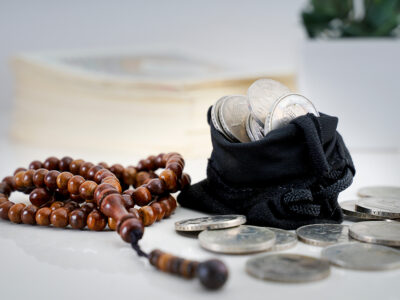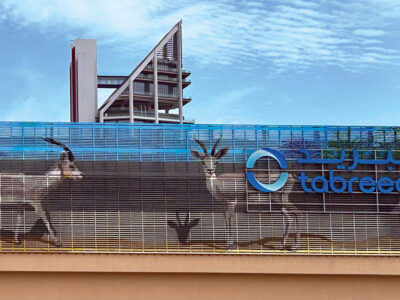Talk of lifting subsidies on basic commodities has become a major concern in Lebanon, as the central bank’s foreign currency reserves near depletion.
Lebanon has two options – either to lower the threshold for compulsory foreign exchange reserves at the central bank or to lift subsidies, with grave social and economic repercussions.
Suggestions of an end to subsidies have triggered panic buying and fears of rising hunger.
The parliamentary committees of finance and budget, administration and justice, national economy and planning, public health, and labour and social affairs held on Wednesday a joint session to “study the issue of subsidisation and obligatory reserves” without reaching an agreement.
Central Bank governor Riad Salameh met with ministers in Lebanon’s caretaker government. One option under discussion was lowering the required reserve ratio from 15 percent to around 12 or 10 percent, along with rationalising subsidies spending.
Foreign exchange reserves currently stand at $17.9 billion, with only $800 million left to subsidise fuel, wheat and medicine imports by the end of 2020.
Some items have already been removed from the subsidised food basket. The meetings between central bank and ministers also discussed possibly raising fuel prices but vital medical imports will continue.
Lowering the threshold for obligatory foreign exchange reserves could also be a sensitive issue, as it will draw on hard currency deposits parked by local lenders at the central bank.
Lebanese banks opposed any reduction in the threshold for compulsory foreign exchange reserves, warning of its negative impact on the financial situation of banks and confidence in the banking sector as a whole.
Dr Marwan Barakat, group chief economist and head of research at Bank Audi told Arabian Business: “The Lebanese government is currently facing a tough paradox of double-edge sword. Either it decides to stop the subsidy at the beginning of next year, which means hyperinflation and additional socio-economic pressures on households… or it decides to keep subsidising which means putting the required FX reserves at stake and ultimately the FX deposits of customers at banks.”
He added: “We believe the only real way to break such a vicious circle is to secure foreign assistance amid the new upcoming government agreeing with the IMF on a full-fledged program that would bring some credibility to the state’s reform implementation and thus draw on other donors to assist Lebanon.
“The mere small glimpse of hope that rises at this level is the cabinet formation effort underway, in the hope that the current obstacles facing the formation are removed, a credible cabinet is imminently formed, an international conference for Lebanon is arranged and the road to adjustment reforms is subsequently paved,” Barakat said.
Crushed by a mountain of debt, Lebanon is facing its worst crisis since its 1975-1990 civil war, ravaging the currency and sending prices soaring. There has been no progress in talks to form a new cabinet after the current government resigned in August following a massive explosion at Beirut port.
Many Lebanese have been plunged into poverty. Reducing subsidies risks adding to public anger in a nation that was convulsed by protests as the financial crisis came to a head in October 2019.
As dollar inflows have dried up, the central bank has provided foreign currency for fuel, wheat and medicine imports at an official peg of 1,507.5 Lebanese pounds to the dollar, well below the street rate that was above 8,100 on Thursday.
Domestic banks have frozen savers out of their dollar deposits and largely blocked transfers abroad since late last year due to the crisis that prompted a sovereign debt default.








